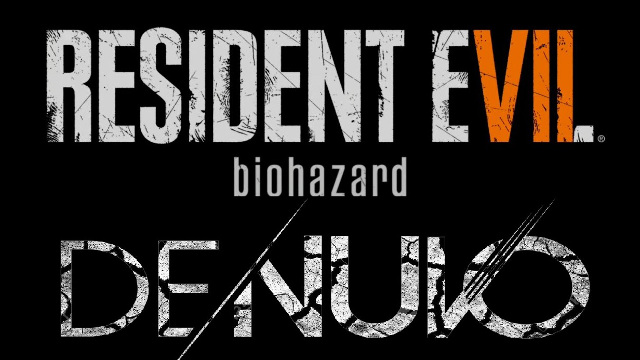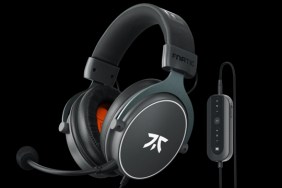Denuvo Anti-Tamper has a reputation for being the most infrangible anti-tamper solution on the market. A number of AAA publishers, from Ubisoft to EA, have turned to the technology for their PC releases hoping to combat the growing threat of video game piracy.
Denuvo's effectiveness has made it a prime target for pirates. The demand for cracks has grown to such enormity that places of discussion for video game piracy are rampant with posts trying to determine Denuvo's methodology in the conquest of breaking it.
Although a large sum of the demand for Denuvo cracks is malicious in nature, some of it is in good spirit. The technology is notoriously anti-consumer, going as far as requiring online activations every 24 hours, and limiting hardware activations. Some have said that it's so heavy that it even affects game performance. Consequently, there are a growing number of legitimate consumers who desire Denuvo cracks.
Such was the case with Resident Evil 7 when it debuted last week with Denuvo. A mixture of pirates and consumers who purchased the game headed to forums and social media to share their frustration. It was heard and acted upon in a swift manner.
On January 29th, just five days after its release, a Denuvo crack for Resident Evil 7 was published online. The crack made it possible to play the game without any of the restrictions imposed by Denuvo. Among its most favored features was the ability to play offline, in addition to avoiding the cumbersome copy check process traditionally initiated on game boot.

Widespread demand for the crack could be seen in its download totals. Downloaded tens of thousands of times within its first 24 hours of being available, it became one of the most popular cracks since Crysis debuted in 2007.
This was just months after multiple releases by notorious warez group CONSPIR4CY, best known for its Denovo cracks of DOOM, Rise of the Tomb Raider, and INSIDE. Denuvo was already being challenged unlike ever before, and 2017 is already off to a bad start.
Denuvo's websites currently states that it's hiring, encouraging programmers to "join the Denuvo team that creates the most effective and widely used anti-piracy solutions in the PC Games industry". Though, at this point Denuvo is struggling to substantiate its reputation as being the king of anti-piracy; it's losing its hard-fought battle.
Denuvo maintains that its goal isn't necessarily to prevent piracy for the full lifespan of a game. Marketing director Thomas Goebl explained to MCVUK, "You have to have a realistic view of anti-piracy measures. There is no such thing as unbreakable protection. That’s something we always tell our clients to help manage their expectations.” This might be realistic and aid in preventing downloads during a game's initial time on the market, but publishers pay a high cost for Denuvo, and in most cases expect long-term results.
Many argue that it's better when publishers don't use anti-piracy, as it prevents such technology from affecting the game experience for legitimate consumers. Though, the hundreds of thousands of illegal downloads of games such The Witcher 3: Wild Hunt, Fallout 4, and Grand Theft Auto V make publishers think twice. The fact is that games with Denuvo tend to be downloaded at a much slower rate, and that's something publishers take very seriously.
Funcom's Conan Exiles and Ubisoft's For Honor will be the next two games to incorporate Denuvo. How these games fare will have a huge impact on the future of the technology going forward.







